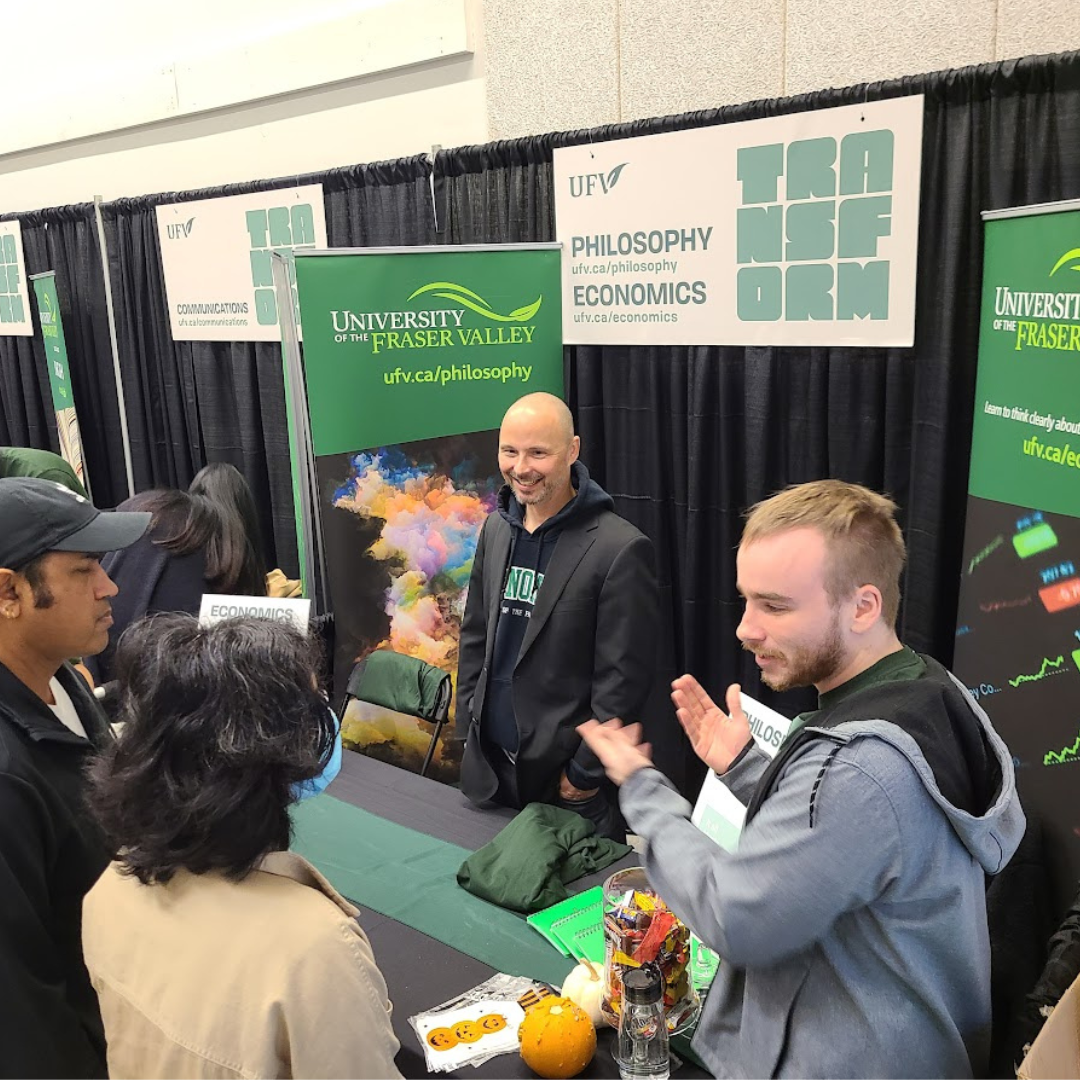Telling difficult truths: Dr. Nawal Musleh-Motut’s mission to decolonize media
Featuring: Dr. Nawal Musleh-Motut – Assistant Professor, Media and Communication
From classrooms to critical resistance, Dr. Nawal Musleh-Motut brings both vision and voice to the study of media and communication. A scholar, teacher, and advocate with deep roots in decolonial and social justice pedagogy, she challenges students not only to learn about the world—but to help change it.
Nawal joins the School of Culture, Media, and Society at the University of the Fraser Valley (UFV) as an Assistant Professor of Media and Communication, offering courses like “Decolonizing Media,” “Storytelling, Photography, and Resistance,” and “Gender and Media.” Her research is shaped by lived experience, and her teaching is grounded in care, critique, and courage.
In this conversation, Nawal shares her journey as an educator, the driving forces behind her research, and the words she carries into every classroom.
College of Arts: Could you start by sharing a bit about your journey as an educator?
Nawal: Prior to joining UFV, I spent eleven years teaching undergraduate research, media, and communication courses grounded in decolonial, critical race, and intersectional social justice theory and practice.
As an educator, my main goal is to equip diverse students with the ability and confidence to apply communication and media related theories, methods, and practical skills through a decolonizing, anti-racist, and socially just lens, both inside and outside of the university.
Thankfully, I’ve been successful in achieving my teachings goals across a wide range and level of interdisciplinary undergraduate courses, but I’m constantly striving to advance my understanding and application of educational theory and practice.
For example, my postdoctoral research highlights the dangers and counters the consequences of institutional performances of equity, diversity, and inclusion, which support the neocolonial and neoliberal status quo, by creating decolonial and just futurities through teaching and learning – that is, by imagining what such a future might look like and then working to create it in the present using the pathways, tools, and resources currently available to us.
Two major components of this research were the Decolonial Teaching and Learning Seminar Series and the Decolonizing and Indigenizing STEM Website, in which my student research assistants and I helped faculty members apply decolonial thinking and doing to their own learning and teaching.
I’m excited to apply the lessons learned from this project to my teaching, research, and service at UFV.
CoA: What inspired you to specialize in your field?
Nawal: My research, writing, and teaching are all influenced by my lived experience as a Settler of Palestinian descent. My family left our homeland to avoid living under occupation, but this meant that we came to occupy unceded Indigenous land. As a result, I’ve come to develop a kind of double vision shaped by two instances of settler colonialism. It’s enabled me to critically reflect on my privileged position and responsibilities as a Canadian Settler, while simultaneously binding me in solidarity with Indigenous struggles for decolonization, sovereignty, and justice.
Experiences like mine and countless others are significant to media and communication studies, as it’s through narrative and images that settler colonial power is both sustained and, most importantly, resisted.
CoA: What do you hope your students take away from your classes?
Nawal: Again, I really want my students to gain the confidence to apply what they’re learning in my courses, both inside and outside of the university. This includes nurturing critical thinking and media literacy skills, as well as empathy for and solidarity with those experiencing discrimination, oppression, and/or injustice.
CoA: Reflecting on your career thus far, what has been the most rewarding aspect of being an educator?
Nawal: I love working closely with students to critically grow their knowledge of themselves, others, and the world and then watching them use their learning to create a generative life for all.
CoA: If you could leave a lasting message or piece of advice for your students and community, what would it be?
Nawal: My late Masters supervisor, Dr. William L. Cleveland, always told me that “the beautiful things are difficult.” Although I think the phrase originates from an ancient Greek proverb, he meant that the most significant and rewarding things you’ll do in life will also be the most challenging and risky. He was right! It’s undoubtedly the best and most inspiring advice I’ve ever received, and it continues to motivate not only my research, writing, and teaching, but also my entire life.
Dr. Nawal Musleh-Motut brings more than knowledge to the classroom—she brings vision. In her work, media becomes a mirror, a window, and a tool for change. Her teaching isn’t just about information—it’s about imagination, resistance, and the courage to build better futures.
Through her courses at UFV, students are not only invited to examine the world—but to shape it.

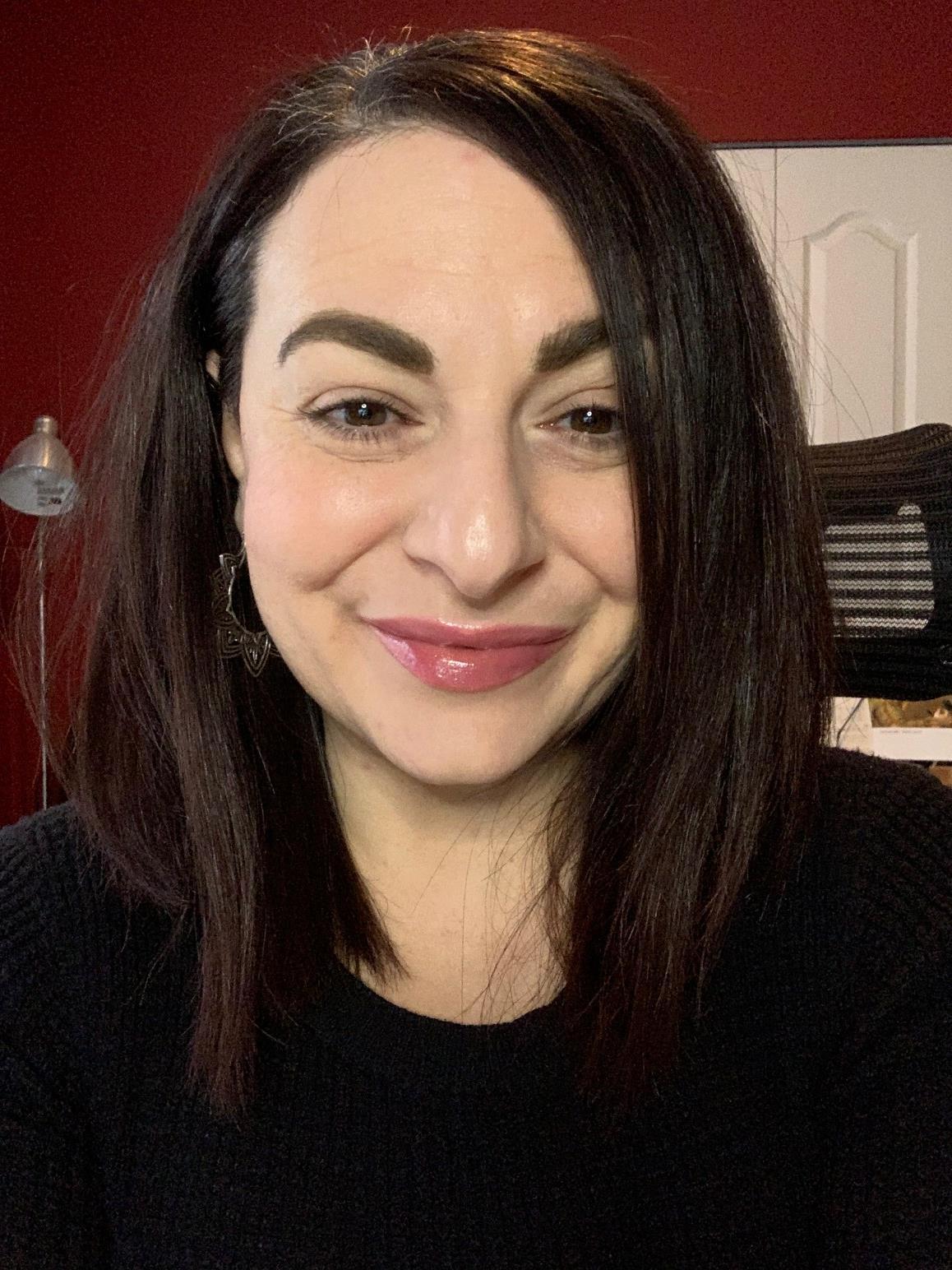

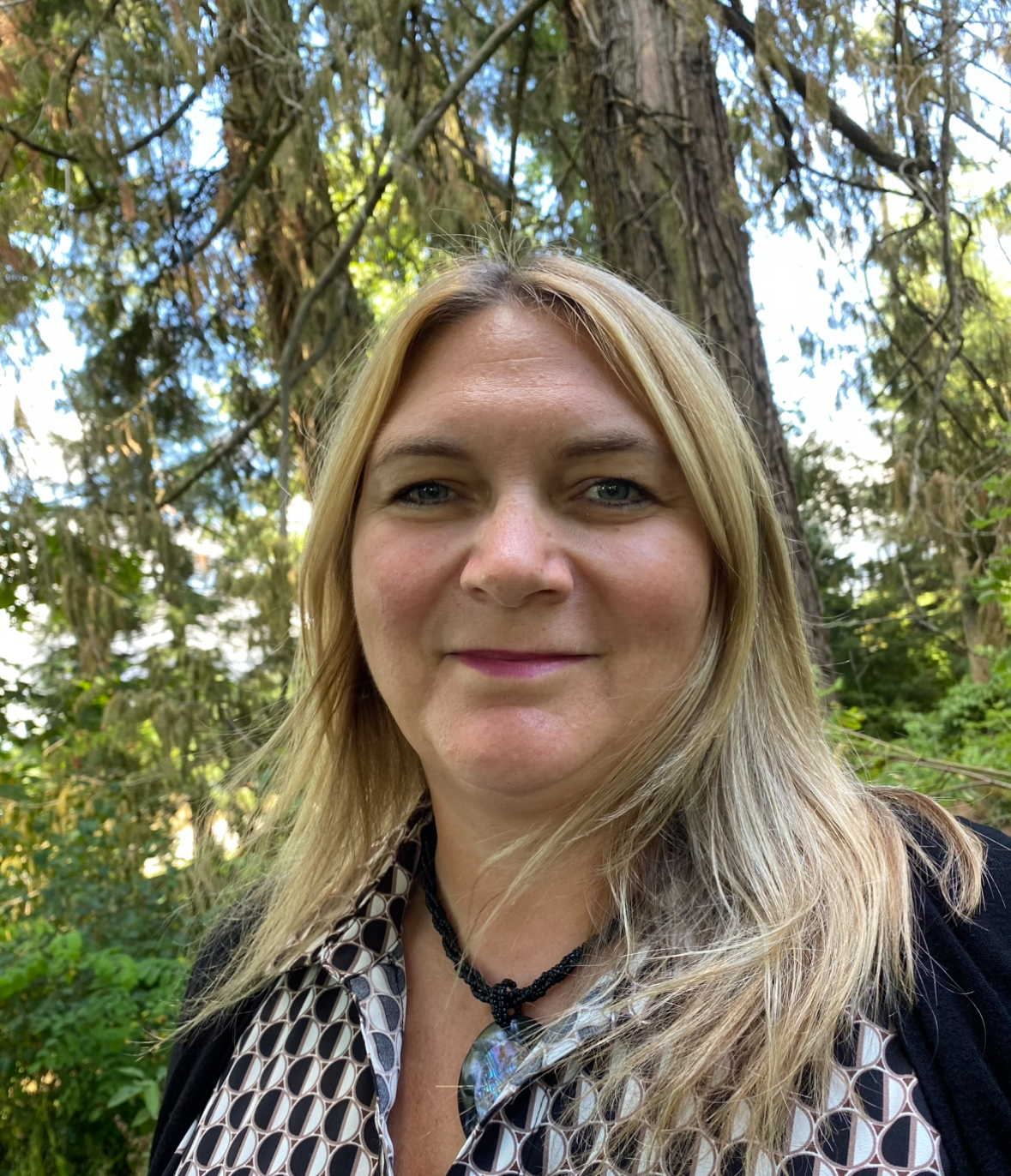
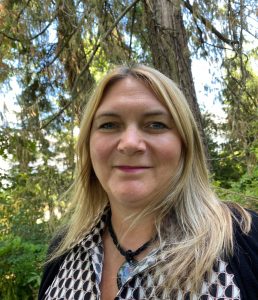 Featuring: Susan Hampton (Sue), Assistant Professor of Arts and Integrated Studies
Featuring: Susan Hampton (Sue), Assistant Professor of Arts and Integrated Studies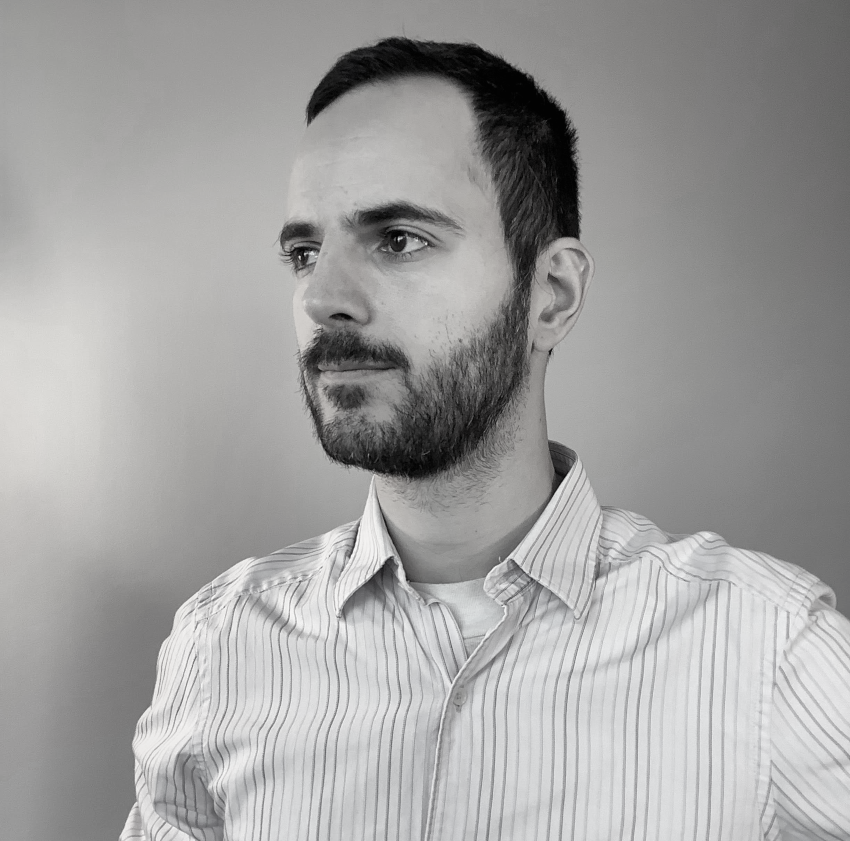
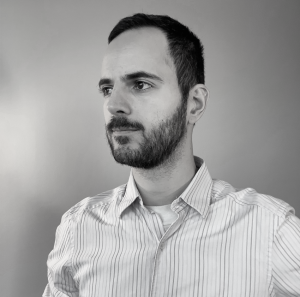

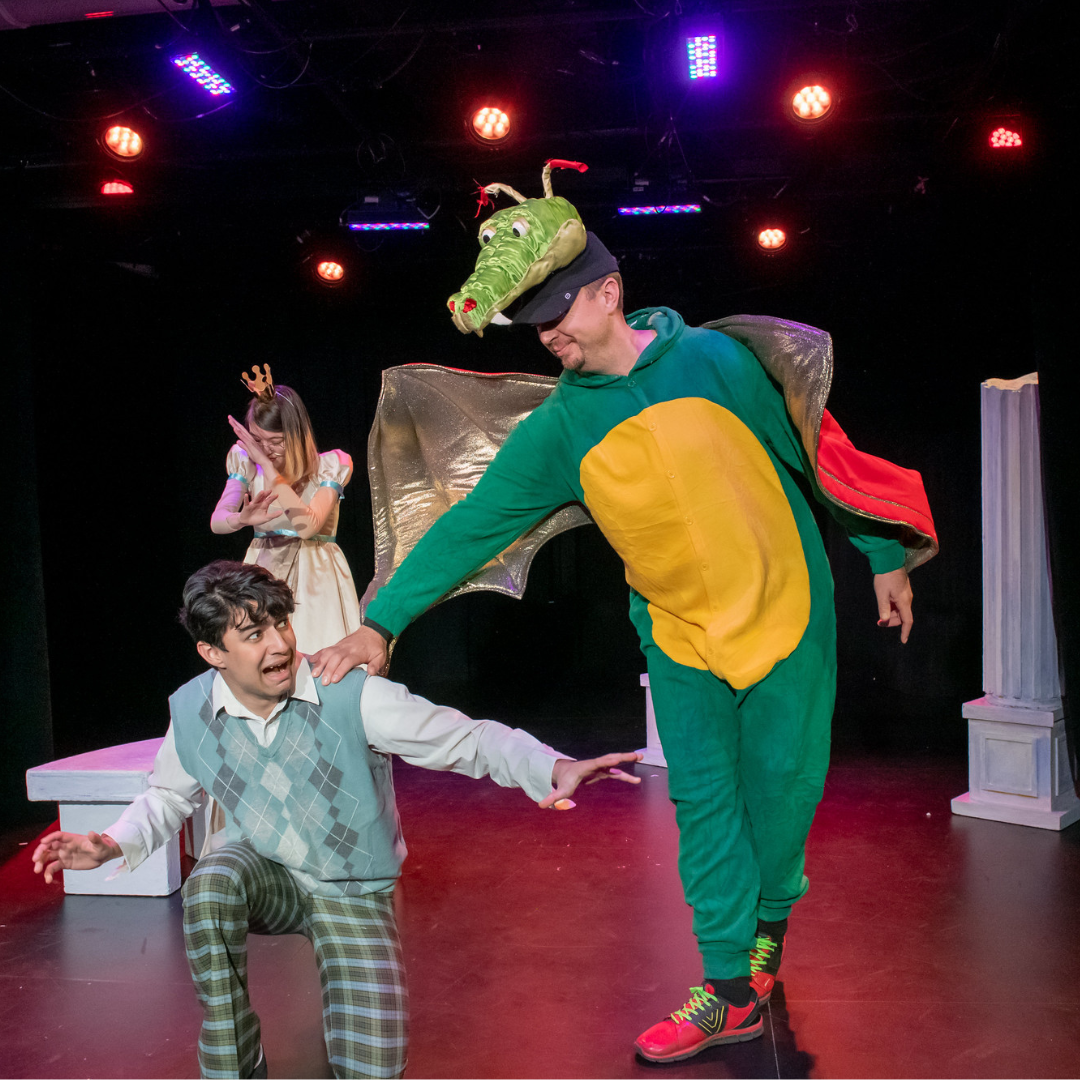
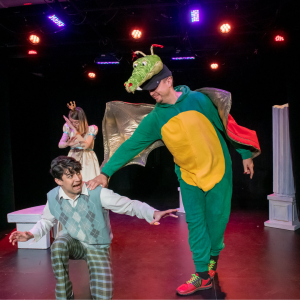 UFV’s Black Box Theatre on the Abbotsford campus is an intimate space, seating around 40 to 50 people, where students can experiment and connect closely with audiences. Shelley Liebembuk, Director of the School of Creative Arts and Associate Professor, calls it “a perfect lab for experimentation, where students are encouraged to interact with their audience and explore their craft.” This year, after the opening week of performances in this intimate setting, the students tour both their fall and winter productions to the 160-seat Rotary Hall at the Chilliwack Cultural Centre (CCC). This experience allows students to tackle new challenges, from managing sound and lighting for a bigger space to actors projecting their performances for a broader audience.
UFV’s Black Box Theatre on the Abbotsford campus is an intimate space, seating around 40 to 50 people, where students can experiment and connect closely with audiences. Shelley Liebembuk, Director of the School of Creative Arts and Associate Professor, calls it “a perfect lab for experimentation, where students are encouraged to interact with their audience and explore their craft.” This year, after the opening week of performances in this intimate setting, the students tour both their fall and winter productions to the 160-seat Rotary Hall at the Chilliwack Cultural Centre (CCC). This experience allows students to tackle new challenges, from managing sound and lighting for a bigger space to actors projecting their performances for a broader audience.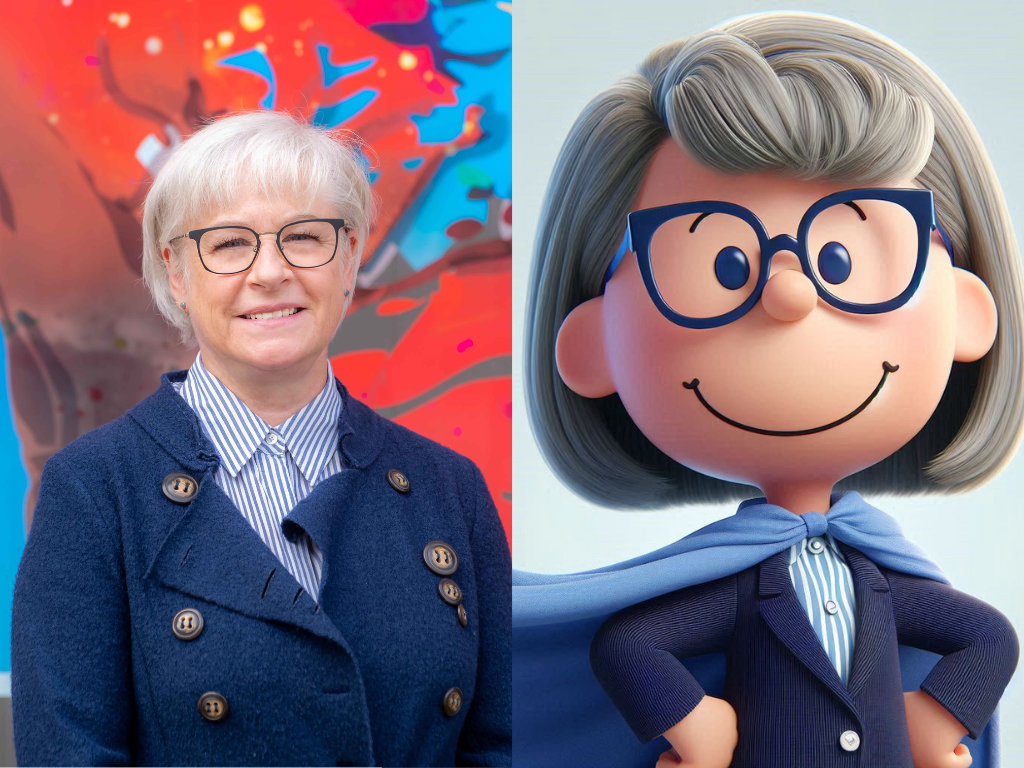
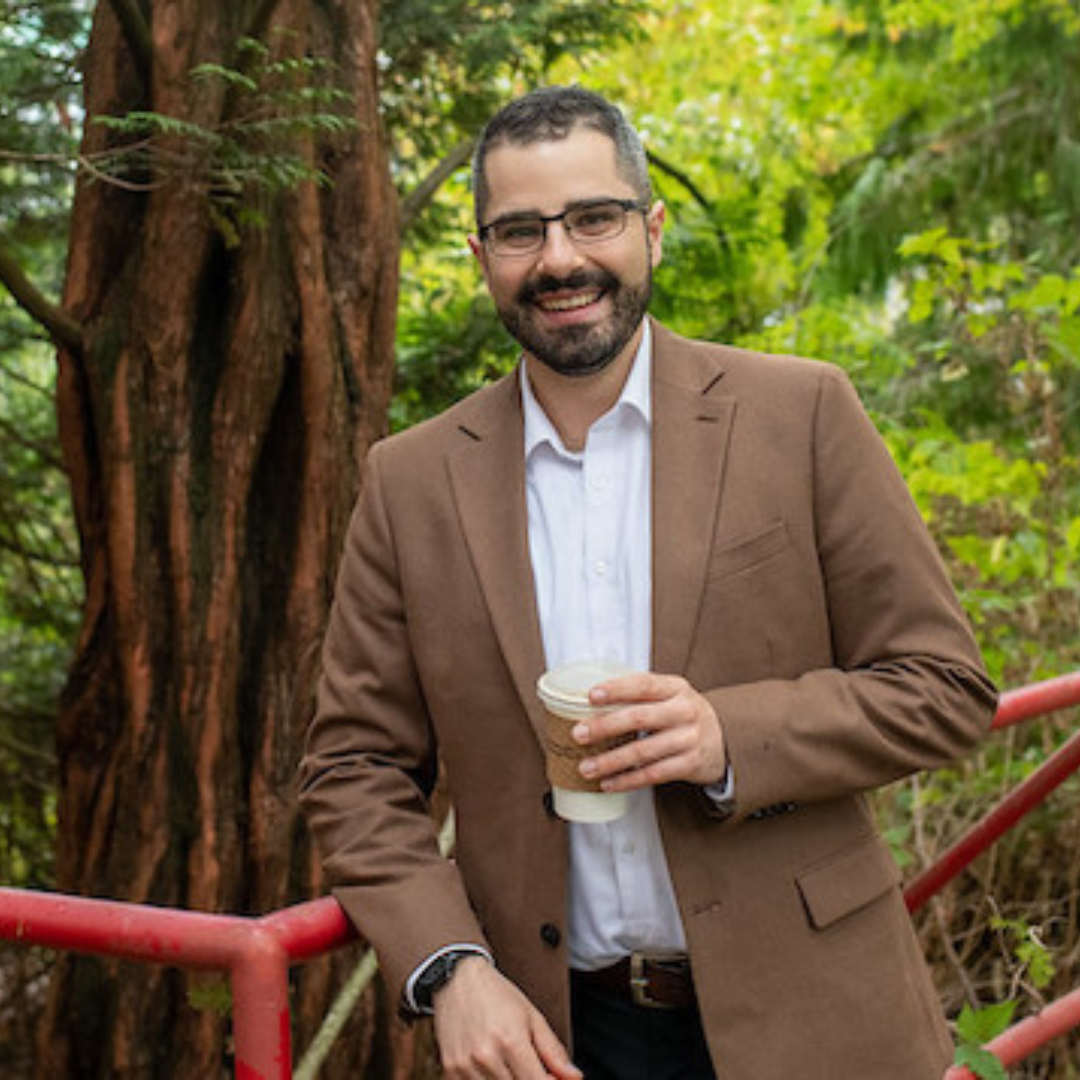
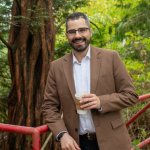 Few experiences in academia match the excitement and significance of testifying before Parliament. In October 2023, Political Science Assistant Professor Dr. Noah Schwartz was called to serve as an expert witness before the Senate Standing Committee on National Security, Defence, and Veteran Affairs as part of the study of Bill C-21 related to the regulation of firearms in Canada.
Few experiences in academia match the excitement and significance of testifying before Parliament. In October 2023, Political Science Assistant Professor Dr. Noah Schwartz was called to serve as an expert witness before the Senate Standing Committee on National Security, Defence, and Veteran Affairs as part of the study of Bill C-21 related to the regulation of firearms in Canada.
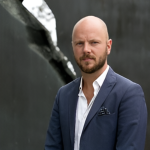 In November 2023, Criminology Assistant Professor Dr. Mark Kersten was invited to speak to the House of Commons Standing Committee on Foreign Affairs and International Development about Canada’s approach to diplomacy, particularly its inconsistent commitment to international law. As an expert witness, he testified about his hope that Canada could be a leader in human rights and concerns over Canada’s double standards in the investigation and prosecution of international crimes – war crimes, crimes against humanity, and genocide – both abroad and in Canada. Mark was also asked to submit a written brief to the Standing Committee, which is now part of the House of Commons official record.
In November 2023, Criminology Assistant Professor Dr. Mark Kersten was invited to speak to the House of Commons Standing Committee on Foreign Affairs and International Development about Canada’s approach to diplomacy, particularly its inconsistent commitment to international law. As an expert witness, he testified about his hope that Canada could be a leader in human rights and concerns over Canada’s double standards in the investigation and prosecution of international crimes – war crimes, crimes against humanity, and genocide – both abroad and in Canada. Mark was also asked to submit a written brief to the Standing Committee, which is now part of the House of Commons official record.
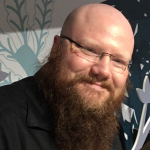 Arts and Integrated Studies Assistant Professor Dr. Dale McCartney has been named the Assistant Editor of the journal
Arts and Integrated Studies Assistant Professor Dr. Dale McCartney has been named the Assistant Editor of the journal 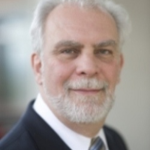 Criminology Professor Emeritus Dr. Yvon Dandurand wrote an article on child justice reform. Dao, L. T., & Dandurand, Y. (2023).
Criminology Professor Emeritus Dr. Yvon Dandurand wrote an article on child justice reform. Dao, L. T., & Dandurand, Y. (2023). 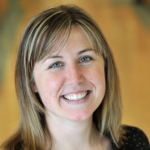 Criminology Associate Professor Dr. Amanda McCormick presented on policing domestic violence. Stickle, B., & McCormick, A.V. (2023, March). Policing domestic violence in rural communities: Tennessee police data. Presented at the 67th session of the United Nations Commission on the Status of Women. New York, NY.
Criminology Associate Professor Dr. Amanda McCormick presented on policing domestic violence. Stickle, B., & McCormick, A.V. (2023, March). Policing domestic violence in rural communities: Tennessee police data. Presented at the 67th session of the United Nations Commission on the Status of Women. New York, NY. Criminology Associate Professor Dr. Jon Heidt published an article on cannabis and research ethics, outlining how the history of controlling cannabis research has led to various harms, injustices, and ethical complications. Wheeldon, J., & Heidt, J. (in press).
Criminology Associate Professor Dr. Jon Heidt published an article on cannabis and research ethics, outlining how the history of controlling cannabis research has led to various harms, injustices, and ethical complications. Wheeldon, J., & Heidt, J. (in press).  Criminology Associate Professor Dr. Hayli Millar co-authored a brief with Dr. Tamara O’Doherty that was submitted to the House of Commons Standing Committee on the Status of Women. This brief addressed the House of Common study on human trafficking of women, girls, and gender-diverse people in Canada.
Criminology Associate Professor Dr. Hayli Millar co-authored a brief with Dr. Tamara O’Doherty that was submitted to the House of Commons Standing Committee on the Status of Women. This brief addressed the House of Common study on human trafficking of women, girls, and gender-diverse people in Canada.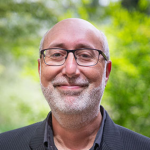
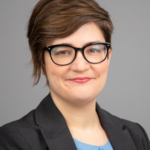
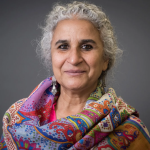 On April 16th, English Associate Professor Dr. Prabhjot Parmar gave a talk titled “I Will Bid”: The Changing Face of Punjabi Cinema at the 10th Punjabi Ma Boli International Film Festival in Surrey. The talk offered a brief history of Punjabi Cinema and highlighted the portrayal of caste in recent films.
On April 16th, English Associate Professor Dr. Prabhjot Parmar gave a talk titled “I Will Bid”: The Changing Face of Punjabi Cinema at the 10th Punjabi Ma Boli International Film Festival in Surrey. The talk offered a brief history of Punjabi Cinema and highlighted the portrayal of caste in recent films.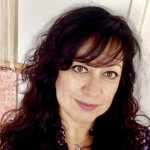
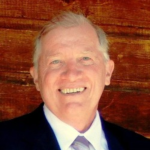 Dr. Peter Raabe, emeritus professor of Philosophy, led a ZOOM workshop on the topic “Philosophical Practice Today” at an international philosophy conference held in Japan. His paper, titled “On Self-defeating Mental Viruses: An Interdisciplinary Study in Philosophy, Psychiatry, and Mental Healthcare” will appear in the upcoming journal of the Japanese Society of Philosophical Practice (JSPP). The conference was hosted by Waseda University, Tokyo, Japan on May 20, 2023.
Dr. Peter Raabe, emeritus professor of Philosophy, led a ZOOM workshop on the topic “Philosophical Practice Today” at an international philosophy conference held in Japan. His paper, titled “On Self-defeating Mental Viruses: An Interdisciplinary Study in Philosophy, Psychiatry, and Mental Healthcare” will appear in the upcoming journal of the Japanese Society of Philosophical Practice (JSPP). The conference was hosted by Waseda University, Tokyo, Japan on May 20, 2023. Political Science Assistant Professor Dr. Noah Schwartz published an article in the Journal of Politics and Policy titled
Political Science Assistant Professor Dr. Noah Schwartz published an article in the Journal of Politics and Policy titled 
 Theatre Assistant Professor Dr. Anna Griffith presented at the Architecture, Media, Politics, Society (AMPS) conference: Applying Education in a Complex World and shared a paper titled “Futures Teaching and Interdisciplinary Praxis” about her pedagogical principles in SOCA 401.
Theatre Assistant Professor Dr. Anna Griffith presented at the Architecture, Media, Politics, Society (AMPS) conference: Applying Education in a Complex World and shared a paper titled “Futures Teaching and Interdisciplinary Praxis” about her pedagogical principles in SOCA 401.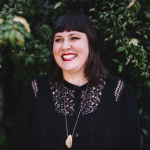
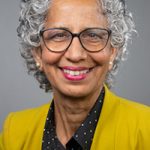 Dr. Satwinder Bains, Director of SASI and SCMS Associate Professor and Thamilini Jothilingam co-presented a paper titled “Connecting the Dots: Building Support for GLAM Partners in Digital Repository Networks with Arca/British Columbia Electronic Library Network” at the Archives Association of BC conference. Their work highlighted SACDA’s collections, archival strategy, and open access. Along with Alisa Sohi, Dr. Bains and Thamilini Jothilingam also led a metadata creation workshop based on SACDA collections at the ConnectED 2023 conference at UFV.
Dr. Satwinder Bains, Director of SASI and SCMS Associate Professor and Thamilini Jothilingam co-presented a paper titled “Connecting the Dots: Building Support for GLAM Partners in Digital Repository Networks with Arca/British Columbia Electronic Library Network” at the Archives Association of BC conference. Their work highlighted SACDA’s collections, archival strategy, and open access. Along with Alisa Sohi, Dr. Bains and Thamilini Jothilingam also led a metadata creation workshop based on SACDA collections at the ConnectED 2023 conference at UFV.